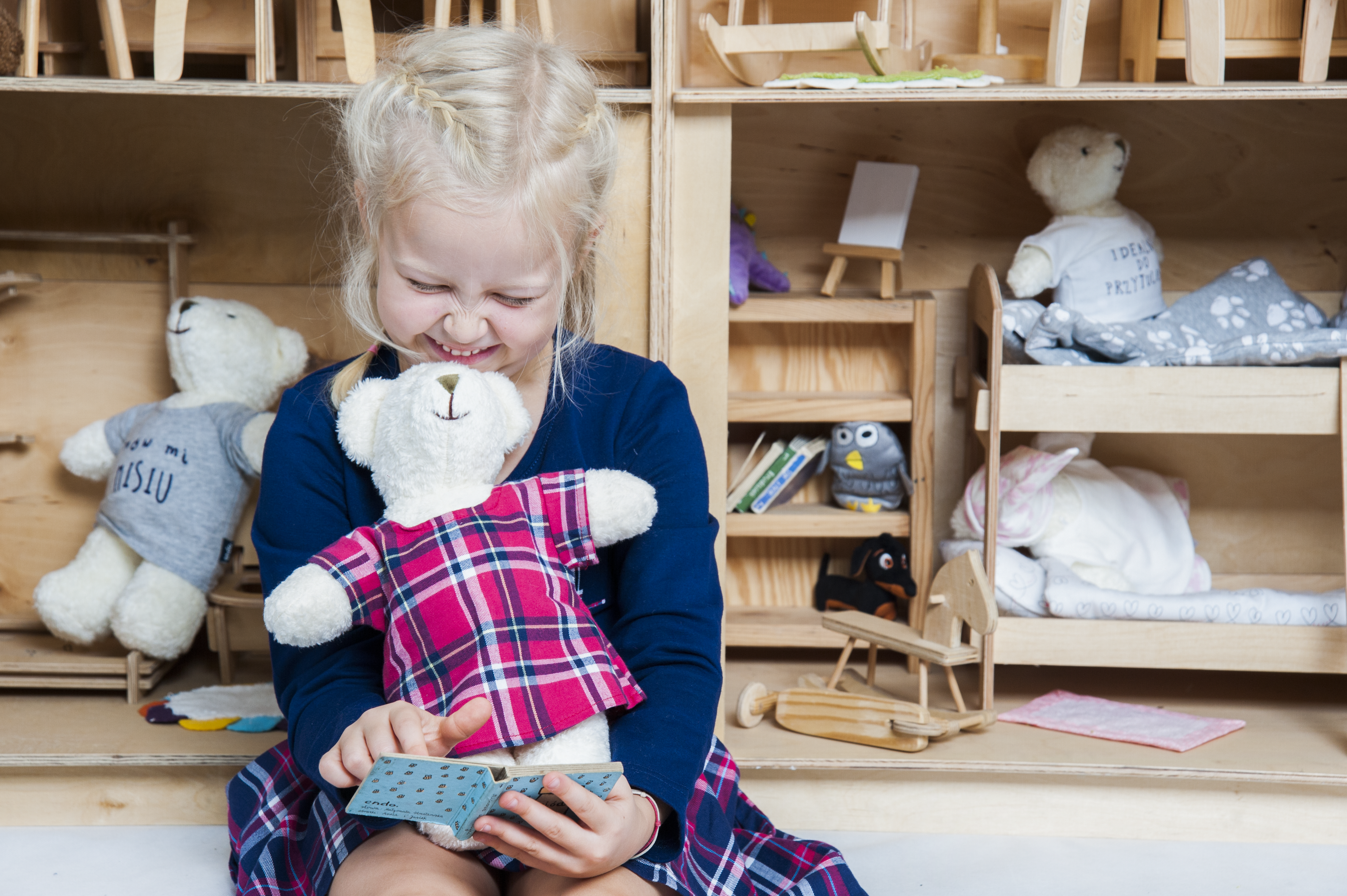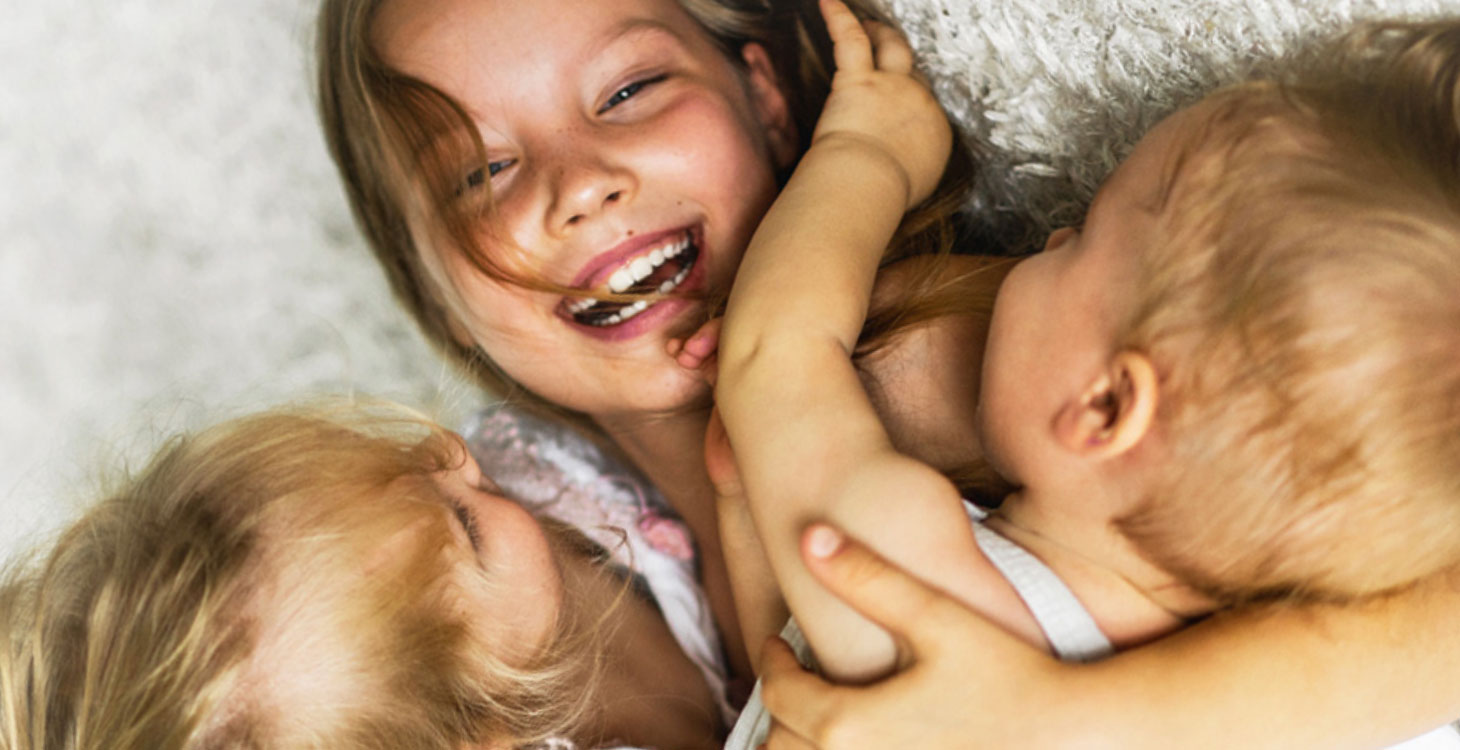
Wondering how to prove to your child that you love them without using words? Or perhaps you want to show support and show that you're always there for them? A simple hug can convey more emotion than any words. Find out why cuddling is important for both babies and older children at every stage of development.
Why do children want to cuddle?
For every newborn, the first few days outside the womb are stressful. The sheer number of signals from the surrounding world can be sudden and overwhelming, and above all, incomprehensible to the tiny body.| Fun fact: Touch is actually one of the first stimuli a baby is exposed to. |

What does hugging do?
By regularly cuddling your child, you'll help them acclimate to their new surroundings. This will make the entire adjustment process easier to navigate – less unusual and unsettling. Your touch will soothe your little one when they suddenly wake up from sleep or calm their loud cries when their favorite pacifier accidentally falls to the floor. Physical closeness makes your child feel fully accepted, and most importantly, loved . What are the benefits of cuddling? It also significantly impacts cognitive and emotional development . This will help your little one understand how to respond to closeness in the future and share their feelings more easily and directly. This is a particularly important skill for new friendships, which they will undoubtedly have the opportunity to make as early as preschool. Remember that as your little one grows, you may be replaced by a beloved cuddly toy, such as a Humming Bear , which will likely become your child's first friend in time.
How does hugging affect a child's development?
Scientific research confirms that babies learn everything through touch . This is why they often put objects in their mouths or enjoy holding them in their hands, while also closely observing their every move. This is how they begin to understand how the world works and learn how to respond appropriately to specific stimuli. But that's not all. Cuddling a baby also makes them stronger not only mentally but also physically . It turns out that regularly cuddled babies are more resilient, grow faster, and gain weight faster – premature babies, who sense their parents' love and care, also perform better. What are the benefits of cuddling? It certainly affects self-esteem .
|
Worth knowing: Children who lack closeness are more likely to be sickly, physically and mentally weaker. They may be more timid, less creative, and reluctant to take initiative. They may also be less self-confident, which can make it difficult for them to make friends and build deeper relationships. |
But can you overdo it with closeness? It turns out you can! Too frequent and intense touching can lead to what's known as an insecure attachment . This can make it difficult for your little one to cope with difficult and stressful situations and build satisfying relationships in the future. However, there are no specific guidelines for how much is too much. A healthy approach and common sense are key – your mother's instincts will surely tell you what's appropriate and safe for your child.


Podziel się:
Competition: Children's Day with ENDO
Endo Drawing School - How to draw a bat?